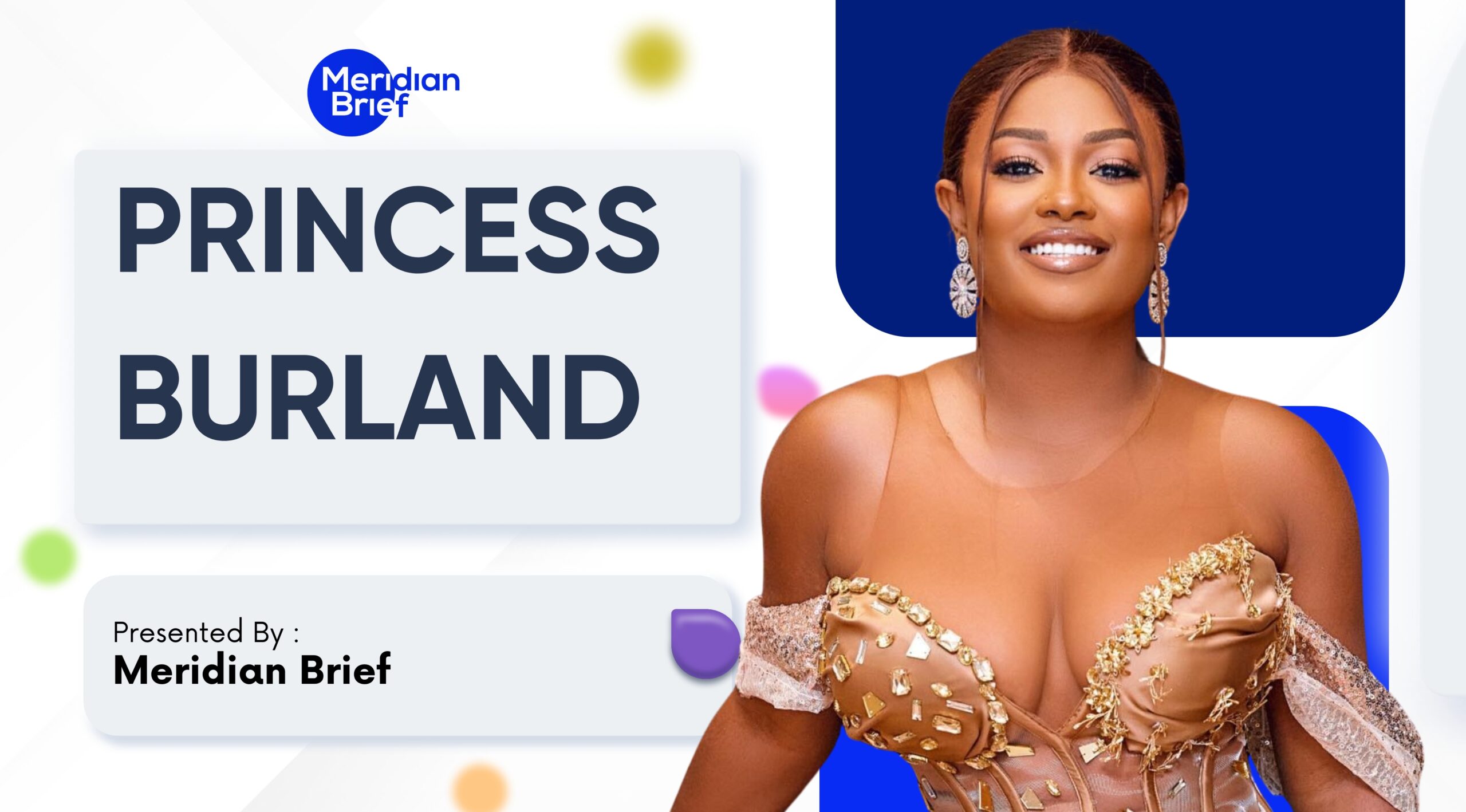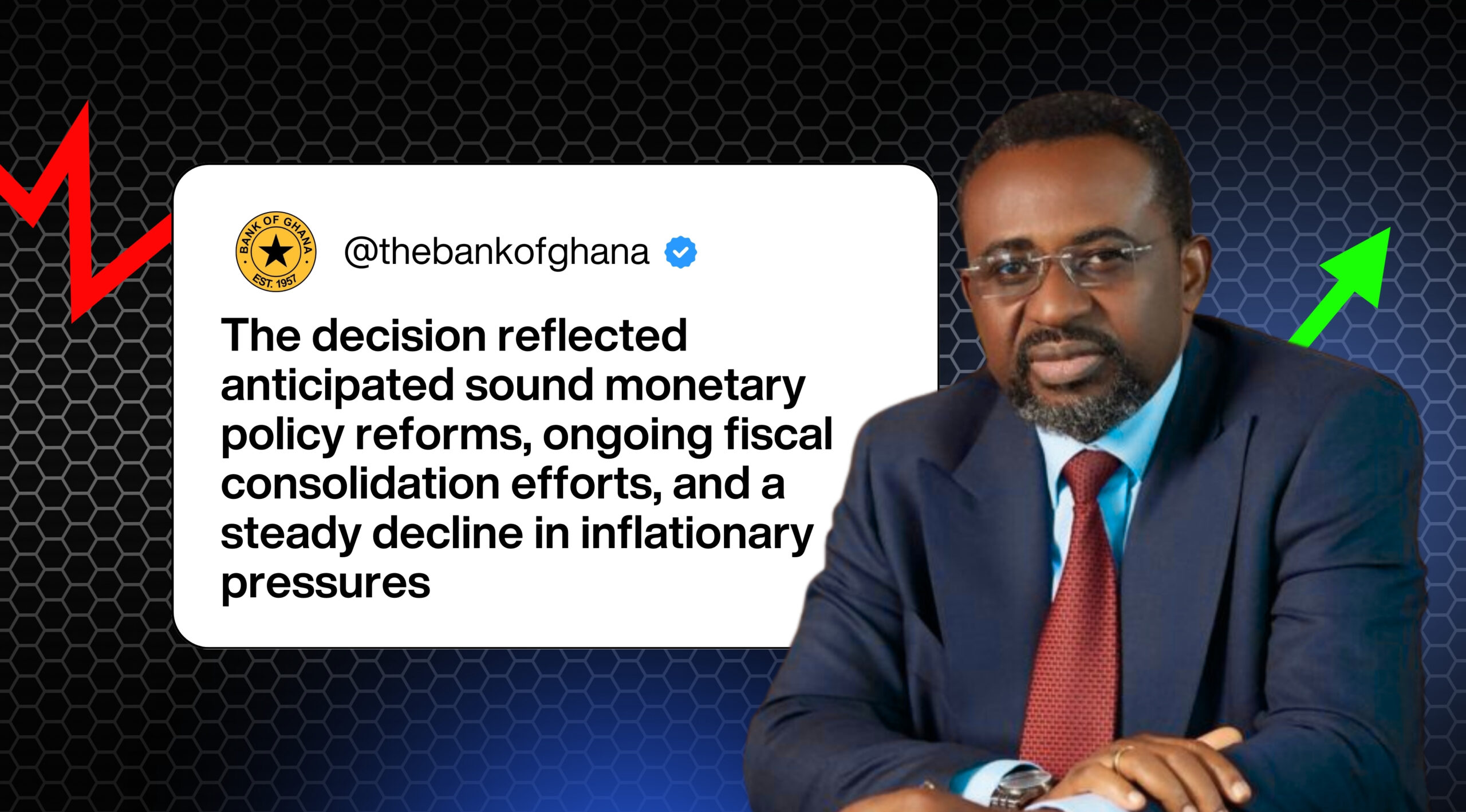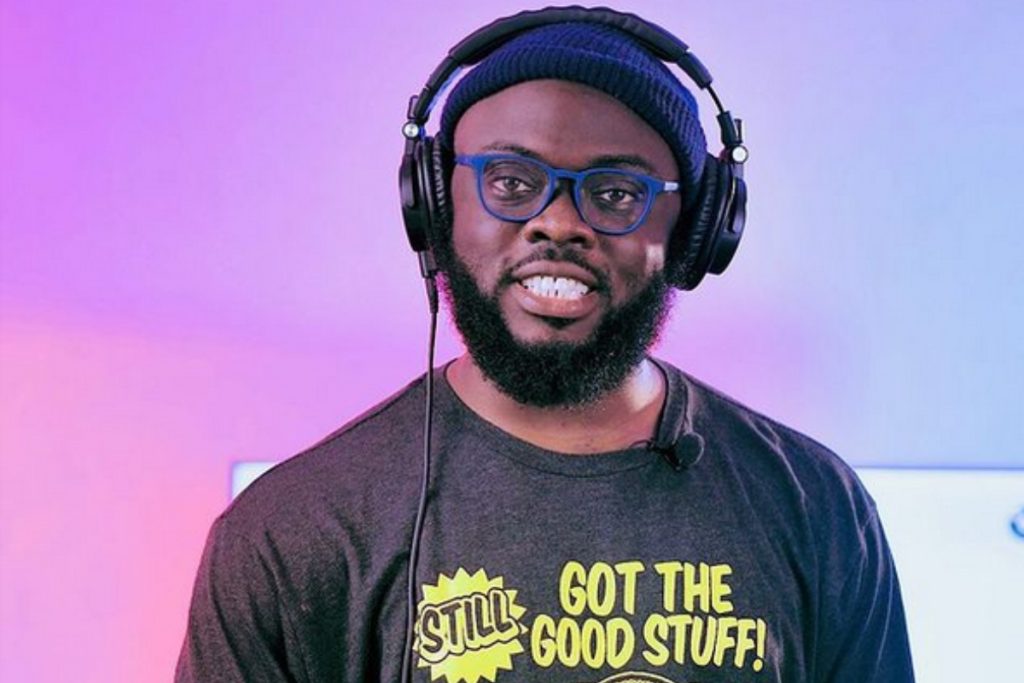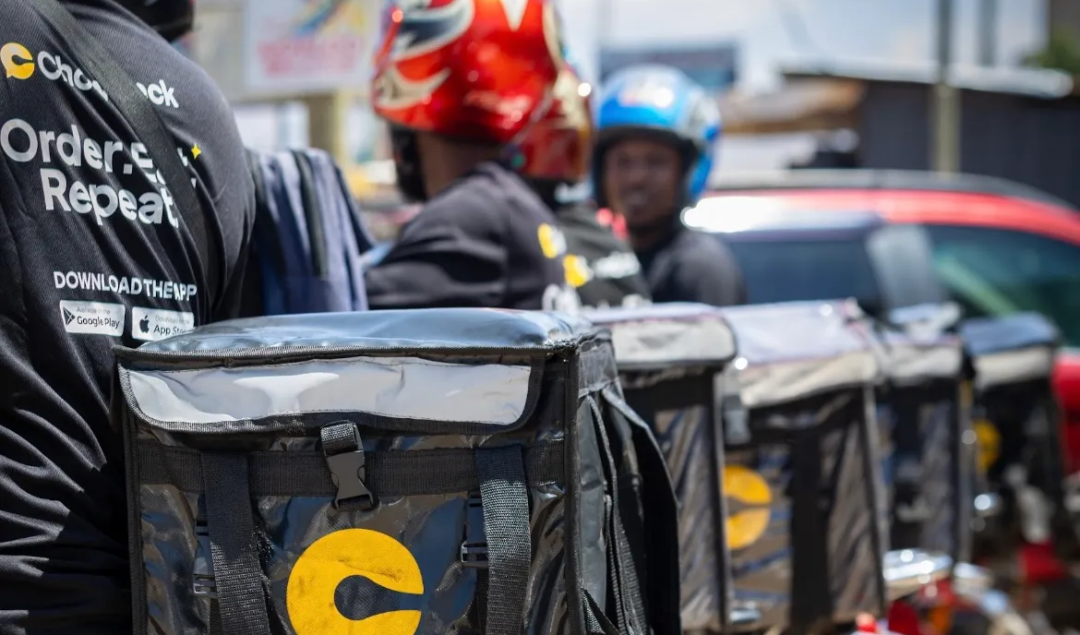After the Goshers–Star Oil spat, a practical deep dive for Ghanaian creators on fact checks, legal risk, audience impact, and how to publish fairly without losing edge.
How Ghana’s Creators Should Balance Influence and Responsibility

On September 2025 a widely watched travel creator, known online as Goshers, posted that he had been shortchanged at a Star Oil pump. The claim went viral. Star Oil issued a final demand notice seeking GHC 20 million in damages and asked for a public retraction. The company later posted that it had accepted the creator’s apology and invited him to its Cantonments office.
That short exchange shows two things at once. First, creators can move opinion fast. Second, the legal and reputational stakes that follow can also move fast. For many Ghanaian creators the lesson is clear. Influence brings responsibility. The question is how to keep creating with energy while avoiding harm to others and legal exposure.
This piece explains the legal landscape in Ghana. It shows why deleted posts do not fully erase impact. It gives clear, practical steps creators can use before and after publishing. It ends with a compact playbook for brands and creators who must now work in the same public square.
The scale of the stage
Ghana has millions of active social media users. In January 2025 DataReportal estimated roughly 7.95 million active social media identities in the country. That number shows how many people creators can reach directly and indirectly. When a creator with tens or hundreds of thousands of followers posts an allegation, the message can travel quickly across networks and platforms.
High reach gives creators a public role that looks like a form of local celebrity. Many travel creators do more than entertain. They influence where people go, where they spend, and which brands they avoid. Ghana has a growing crop of travel and lifestyle creators who shape tourism and local commerce. One notable example is Wode Maya, who built a large audience by documenting travel across Africa. That kind of reach matters for a petrol station as much as it does for a hotel.
A short legal primer for creators in Ghana
Two big legal facts matter for creators. First, Ghana repealed the criminal libel and seditious libel laws in 2001. That change removed criminal penalties attached to libel in the older statutes. It did not remove civil liability for defamation. If a person or company believes a publication lowered their reputation, they can sue for damages in civil court.
Second, civil defamation in Ghana still requires a claimant to show certain elements. A plaintiff typically must prove that the material was published, that an ordinary reader would take from the material a defamatory meaning, and that the publication caused or is likely to cause harm to reputation. Truth and honest comment remain core defenses, and context matters a lot in how the courts read meaning and harm.
A complicating factor exists outside civil defamation. Authorities have sometimes used laws on publication of false information and related provisions to investigate or prosecute social media speech. Human rights and media groups have warned that some of these laws are vague and risk chilling legitimate criticism. Cases where investigations moved beyond civil claims have raised concern among journalists and creators.
Why a deleted video rarely erases harm
People remember claims more than corrections. Social media feeds move on, but impressions stick. Two dynamics make the impact live on.
First, early exposures have outsize power. The initial video or post reaches a core group of followers who react, share, and comment. Those first reactions form the shape of the story. Even after a takedown or apology, the original frames remain in screenshots, reposts, and memory.
Second, social proof works like a multiplier. When many people see and agree with a claim, the claim gains credibility. A retraction seldom travels as widely. That asymmetry makes the initial charge the durable public record in many minds.
Put simply, deleting a post removes the source. It does not remove every copy, comment, or the memory of what people read or felt. That gap makes swift, careful handling essential.
Where creators most often slip
A few patterns repeat in creator missteps.
- Public first, verify later. The impulse to post fast can outpace checking. That is the common thread in many viral complaints.
- Language that states facts as certainties. Saying “they cheated me” reads as an assertion of a fact. An uncertain claim needs framing as a question or request for clarification.
- Failure to document. No receipt, no timestamped footage, no record of the conversation. Without basic evidence a creator cannot back up a claim or show honest error when asked.
- Treating a business as a punching bag. Public shaming can work as attention. It can also attract legal action and burn bridges.
A practical checklist for creators, before you post
Use this checklist like a short pre-flight routine.
- Stop and collect proof. Keep the receipt, take a clear photo of the meter, record the pump reading and price label, save location data, and preserve the original video file with timestamps.
- Ask the company first. Send a short message or email. Give the company 24 to 48 hours to reply. If you cannot reach them, say so in the post.
- Phrase carefully. Use neutral first-person phrasing and avoid sweeping allegations. Example: “I paid GHC 190 at X station and expected GHC 150. Here is my receipt. I asked staff and I did not get a clear answer. I am sharing this and asking Star Oil to explain.” This phrasing invites dialogue and reduces legal risk.
- Label opinion. If you offer interpretation, mark it as opinion. Facts are facts. Keep them separate.
- Add context. If fuel prices changed recently, include that context or note that you did not know. Small facts can change meaning.
- Review with a peer. Ask someone you trust to read the post. A quick second opinion catches careless language.
- Keep a correction plan. Decide in advance how you will correct errors. Knowing the steps makes it easier to act quickly.
If you already posted and a company demands retraction
Follow these steps as a sequence.
- Preserve everything. Do not delete your own copies. Save the post, the video file, and all related messages.
- Seek legal advice quickly. Even if a claim looks bluster, a formal demand notice is a signal to respond carefully.
- Offer facts first, then a correction. If evidence proves you wrong, remove the post and issue a clear apology and correction post. If evidence is ambiguous, open a public dialogue and show your evidence.
- Use neutral apology language. Avoid words that admit legal liability. An effective apology can acknowledge error, remove the harmful content, and state corrective steps. Example wording that keeps trust and reduces legal risk:
“I posted a video about my experience at a Star Oil station. After further checks and a conversation with the company, I removed the video. I now understand the price change that explains the difference I saw. I apologise for any confusion my video caused and I will post a follow-up explaining what I found.”
- Invite private dialogue. Offer to meet the company or allow a joint investigation. Many disputes settle when each side sees the same evidence.
A creator’s short legal primer on apologies and admissions
An apology can save a reputation. It can also become evidence in some legal settings. If a legal demand is pending, follow a lawyer’s guidance about wording. A carefully drafted apology can both restore goodwill and avoid language that admits legal liability. Civil claims focus on harm and falsity. Demonstrating transparency moves the public conversation toward repair.
What platforms, brands, and regulators should do
This dispute shows the need for better systems.
For platforms
• Provide a fast correction flow that creators can use to pin a correction and flag removed content as corrected.
• Offer templates for corrections and for responses to demand notices.
• Add friction for high-impact allegations by prompting the user to upload evidence before posting.
For brands
• Maintain fast social response teams. A short, clear public explanation can stop a rumor from growing.
• Offer a single point of contact for creators who raise concerns.
• Avoid threatening litigation as a first step. Often a conversation, transparency, and a public clarification work better.
For regulators and civil society
• Update laws and guidance so authorities do not use vague “false news” clauses to criminalize legitimate criticism.
• Support free legal clinics and media law training for creators.
• Fund media literacy programs that teach audiences to look for evidence and corrections.
The wider public and media literacy
Audiences also carry duty. Stop, scan, and ask for evidence before you share. Demand receipts and citations from creators. That small change in behavior will reduce the payoff of snap accusations. Brands should expect scrutiny, and creators should expect pushback. Both sides will benefit if audiences learn to treat allegations like claims that require proof.
A short emergency playbook for creators (one-page)
Before you post
- Get a receipt or a timestamped recording.
- Contact the brand privately.
- Phrase your claim as a question if facts remain unclear.
- Save originals and backups.
After you post and a problem emerges
- Preserve evidence.
- Ask for a private meeting.
- If you are wrong, correct promptly and visibly.
- If a demand notice arrives, get legal help and stay professional.
Final thoughts
Creators in Ghana operate on a large stage. That stage gives you reach and income. It also gives you power to alter reputations and to shape civic conversation. The Star Oil and Goshers episode is not simply a clash between a company and an individual. It is an object lesson about how public speech functions in a digital age.
You can keep your voice and your edge. Do not trade speed for accuracy. Build small routines that force checks before publish. Treat evidence like currency. When you are wrong, correct and explain. When you are right, show your work. The audience will respect the care. Brands will respect the process. The public will keep getting the benefits of robust public scrutiny without turning every slip into a long legal fight.
Disclaimer: Nothing in this article represents legal advise whatsoever. Seek professional advise as the article suggests.
Subscribe to MDBrief
Clean insights, a bit of sarcasm, and zero boring headlines.










